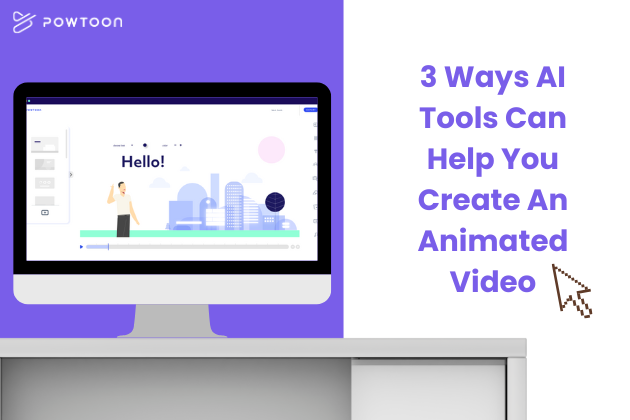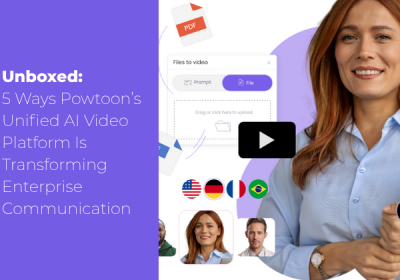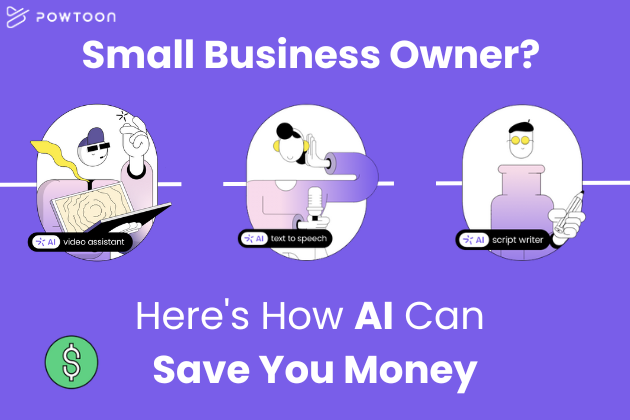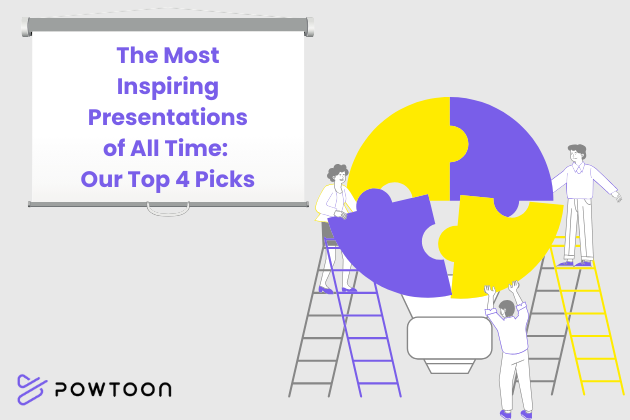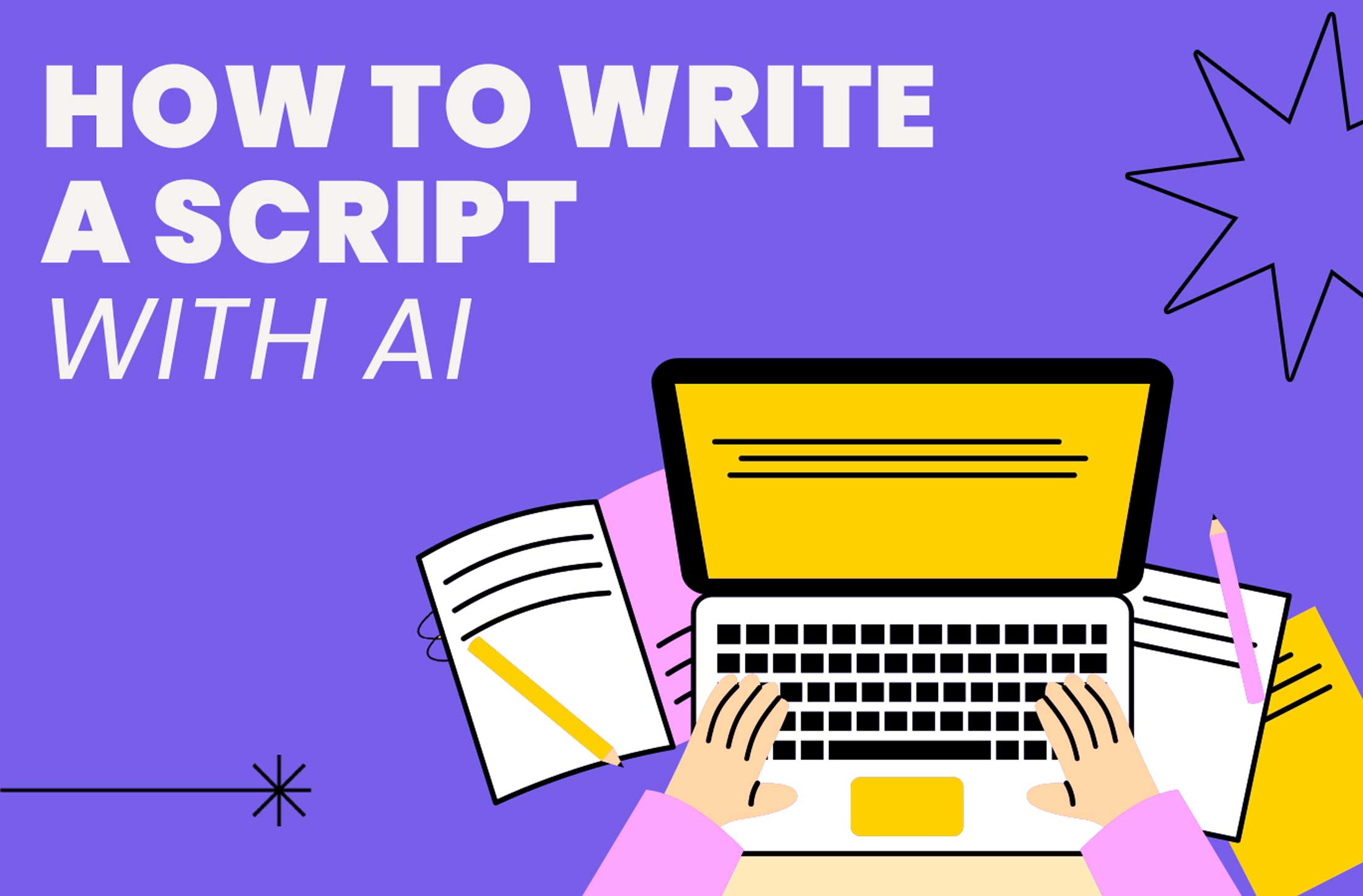
3 Best Practices for Using AI Responsibly
There’s no denying that artificial intelligence is a powerful tool. In a relatively short span of time, business owners have discovered that AI can help them save time and money by automating a wide range of tasks. However, developments such as these can naturally trigger a degree of concern among business owners, employees, consumers, and virtually anyone else affected by tech revolutions.
You may appreciate the fact that using AI can help your business achieve goals that would be difficult to achieve without leveraging this technology. That said, you may want to be confident that you’re using AI responsibly.
This is an admirable approach to take when using any new innovation. As more people learn about the capabilities of AI and as those capabilities expand, we will learn more about the best ways to use it without causing undue harm or limiting the opportunities of others.
In the meantime, the following best practices can help you use AI in a responsible and ethical manner regardless of your industry or the nature of your business:
Confirm the Accuracy of AI-Generated Informational Content
AI can serve many purposes for a business. One of those purposes is content creation. With AI tools, you can easily and efficiently generate everything from blog ideas to full eBooks and even informational videos. Much of the content that you generate with AI might contain pieces of factual information designed to offer some value to your customers.
One way to ensure you’re using AI ethically is to always confirm the accuracy of any information included in a piece of content it generates. For example, perhaps a lawyer wanted to generate a video script allowing them to answer certain common client questions about laws that may be applicable to their cases. In these circumstances, a lawyer would want to ensure that any legal information the AI-generated content includes is up to date. Even if the information was accurate in the past, it may no longer be.
This is a common limitation of AI tools that may improve over time as they grow more sophisticated. Right now, it’s important to fact-check any content you create with AI.
Explore AI Systems Thoroughly to Guard Against Bias
Some mistakenly believe that AI systems and tools are superior to human processes because they’re unbiased. That’s not necessarily the case.
It’s impossible to avoid the fact that all AI tools have been created by humans. That means human bias can affect the services an AI tool provides even when those designing it had the best of intentions.
For instance, some business owners may use AI tools to more quickly sort through job applications. Using AI in this capacity could theoretically help a business identify strong candidates without wasting time considering candidates who aren’t good fits for open positions.
That said, perhaps the AI process a business owner uses to achieve this goal involves training an AI to identify shared qualities among the top performers at the company. The AI may then review job applications and resumes to find candidates with similar qualities.
This makes sense, doesn’t it? It may sound that way. The problem is, within a company, bias may have influenced promotions. Perhaps male employees within a company tend to rise higher than female employees despite not necessarily deserving promotions any more than their female counterparts. In this scenario, an AI program might eliminate otherwise qualified female candidates because they don’t possess a major quality that has been shown to correlate with success at the company.
It’s always helpful to understand exactly how an AI tool works. Once you know what an AI tool does, you may be better equipped to prevent it from unfairly allowing human bias to influence how you use AI.
Remember: AI is Only a Tool
This may be the most important piece of advice here. It sounds very simple. However, once you start experimenting with AI tech, you may understand why it’s easy to forget this basic truth.
Once you get acquainted with an AI program or product, you will likely find that it can almost seem to replace an actual human worker. This can cause a shift in the way you think about AI. You might start to think of AI as an actual employee with a certain degree of accountability. This is a major error to avoid.
AI tools are absolutely the same as all other tools and technology your company uses in a specific way: they are not people. Thus, the people using these tools are ultimately accountable for how AI serves a business.
For example, perhaps you are using AI to generate social media marketing content. This is a smart way to save time and money on a task that can’t be avoided in the digital age.
That doesn’t mean you shouldn’t check the content you generate with AI to confirm it aligns with your values. If you accidentally post a piece of AI-generated content that makes a bad impression on your target audience, it’s not the AI’s fault when your audience responds negatively. You’re still the one who used this tool, but taking accountability, you’ll boost trust and remind yourself that AI is useful but it is never capable of being accountable for its own actions or choices.
AI Ethics: An Evolving Area of Study
AI is a very new technology. Thus, our understanding of how to use AI ethically is constantly evolving.
These best practices for responsible AI use hold true now. They will continue to do so in the future. However, it’s always wise to stay abreast of new changes. As you learn about the ways AI is changing and growing, you may more confidently use it in your business.
Powtoon Makes Generating Videos With AI a Breeze
Powtoon is an online video maker designed to simplify the process of creating effective videos to impress an audience. With Powtoon Imagine, you can now leverage the power of AI for video content creation as well! Learn more by booking a demo today.


